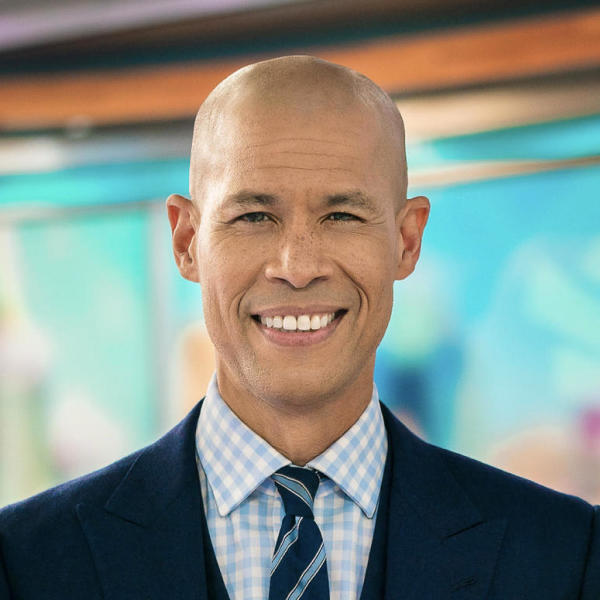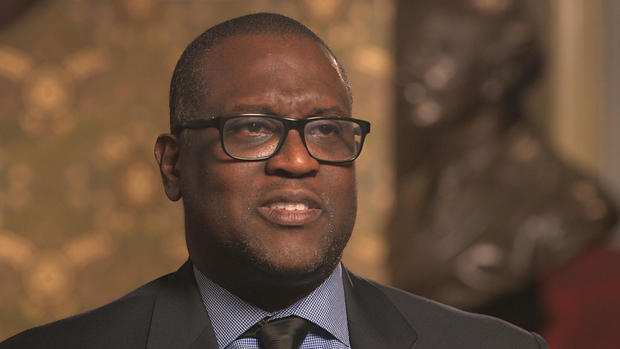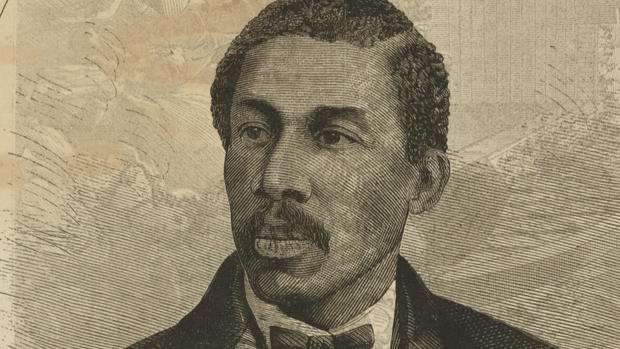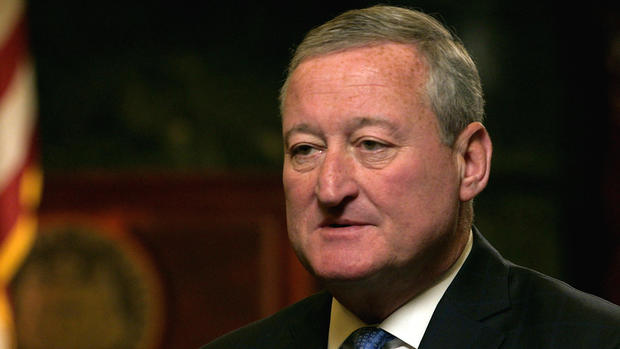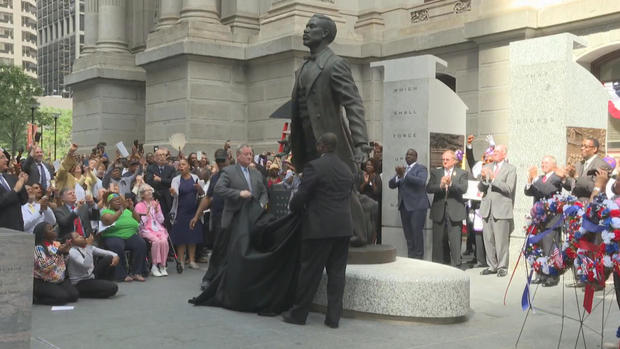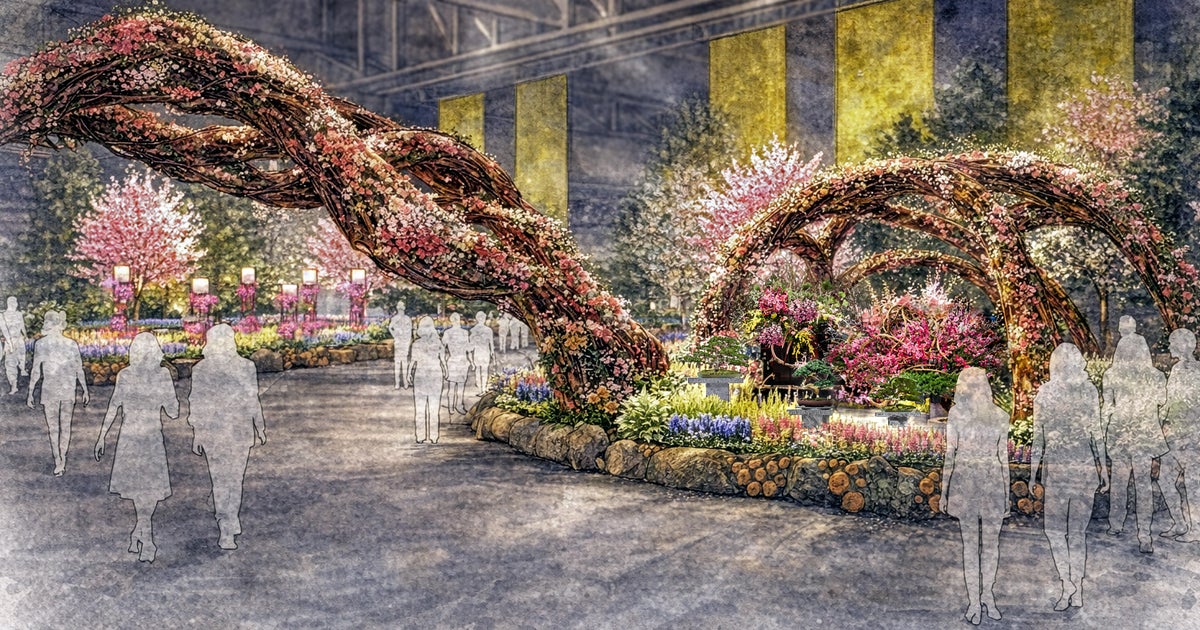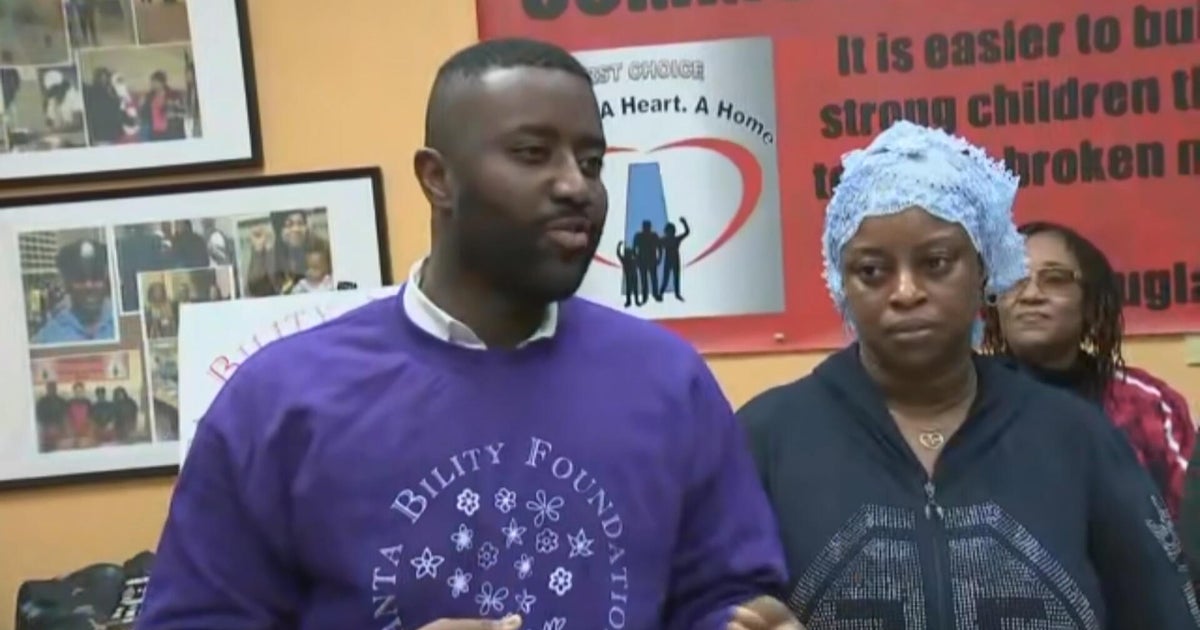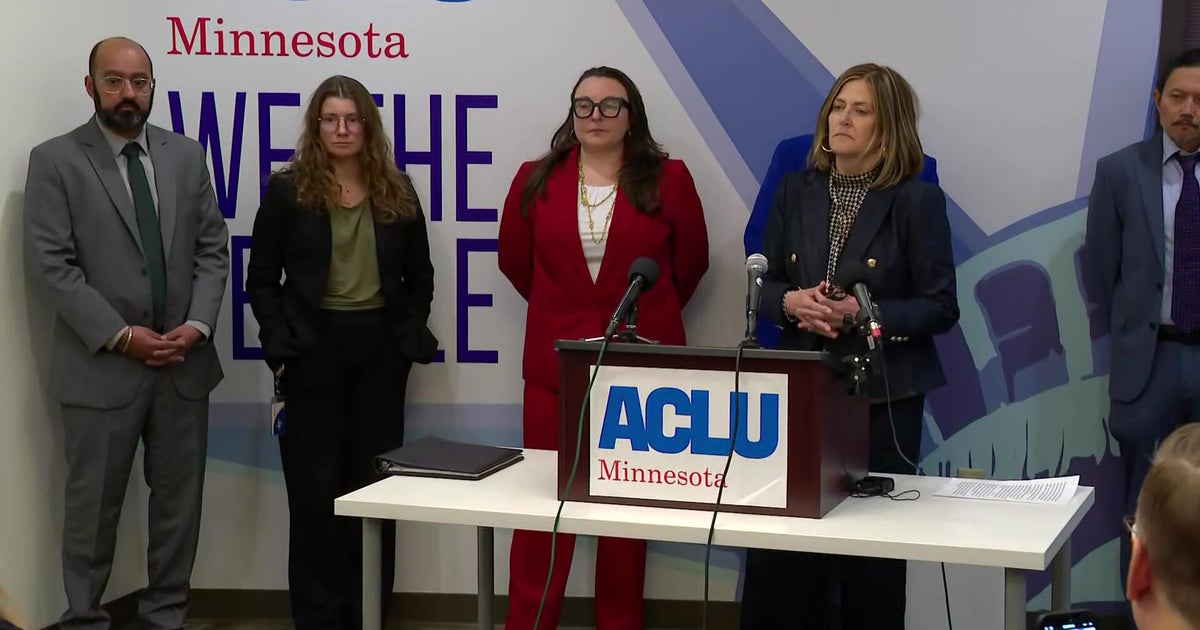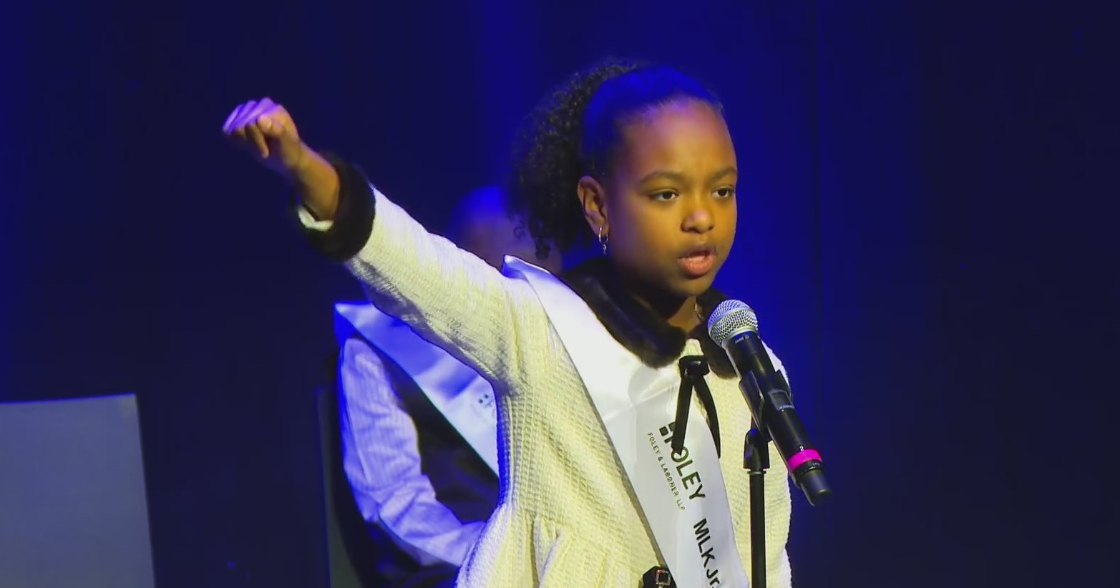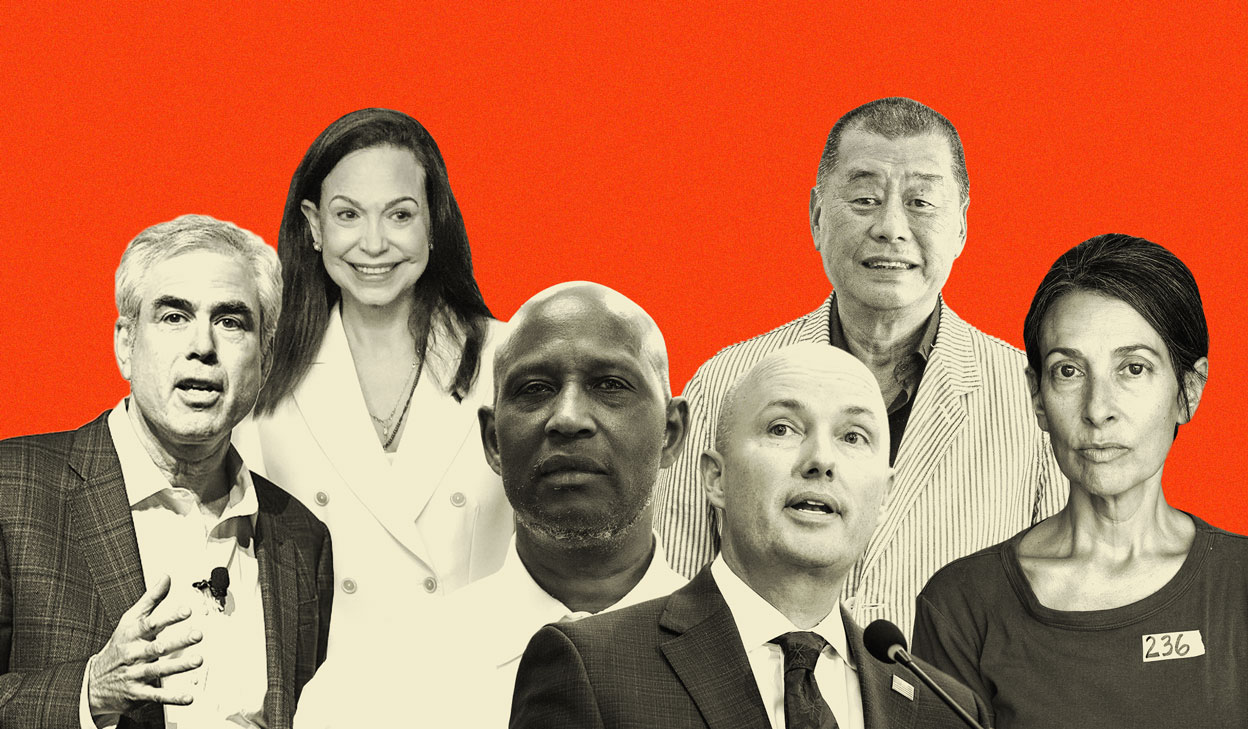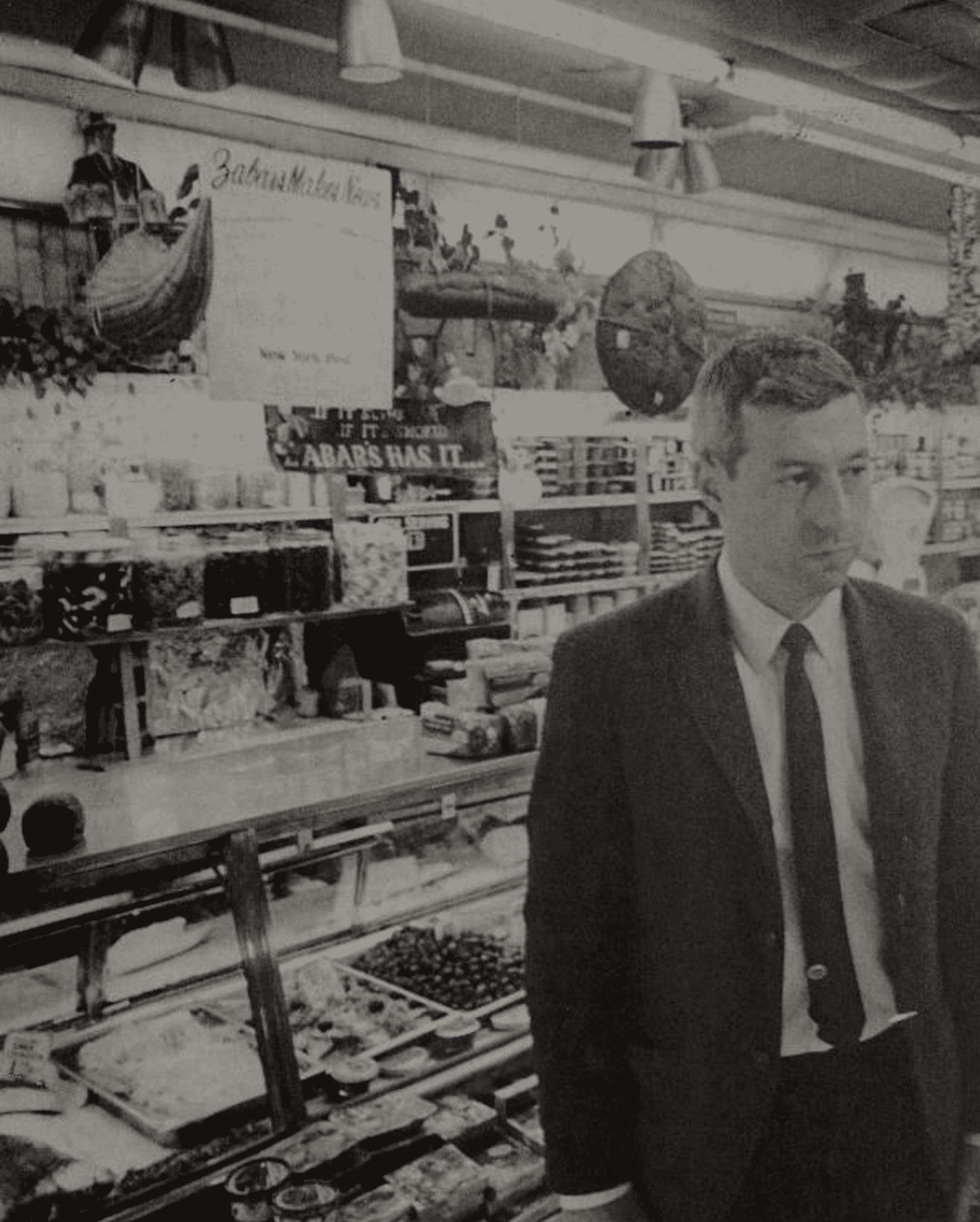Octavius Valentine Catto honored in Philadelphia
PHILADELPHIA -- At a time when many cities across the country are debating whether monuments should come down, one is going up in the City of Brotherly Love.
For nearly three years, sculptor Branly Cadet's task has been putting an unknown legacy back together detail by intricate detail -- and casting it in bronze.
"Part of my job as a sculptor is to help not only celebrate, but also acknowledge narratives that may have been lost in the past," Cadet said.
Octavius Valentine Catto's lost narrative began in Philadelphia in the 1850s. A teacher-turned-activist, Catto -- along with Fredrick Douglass -- helped recruit blacks to join the Union Army during the Civil War.
"He certainly was a compelling, magnetic, charismatic person," Cadet said. "It's not every personality that can go out and recruit, you know, hundreds of people to join a war effort."
After the war, Catto fought to desegregate Philadelphia's horse-drawn streetcars. He also founded and served as captain of a Negro League baseball team and worked to pass the 15th Amendment, giving black men the right to vote.
But he would not cast a ballot; an assassin gunned down the 32-year-old in October, 1871. His murder was reported in major newspapers. The New York Herald called him "a pure-minded patriot … who died as he had lived, without fear."
But his life has been erased from history.
"He was the Dr. King and Jackie Robinson of his day," said Philadelphia Mayor Jim Kenney. "And I'm like how in God's name did I not know this man?"
Kenney has spent 15 years trying to build a memorial for Catto. There are 1,700 public space statues in Philadelphia, the most of any U.S. city. Tuesday's unveiling makes Catto's the first for an African-American.
"This was a tough guy, I mean, to do all what he did in 32 years and then be gunned down in the street, that a pretty amazing story. I'm surprised it's not a movie" Kenney said.
"It really is a testament to what one can do, even at a relatively young age, and the importance of engaging civically to try and make a difference," Cadet said.
Because history doesn't just remind us of our past. It helps shape our future.
